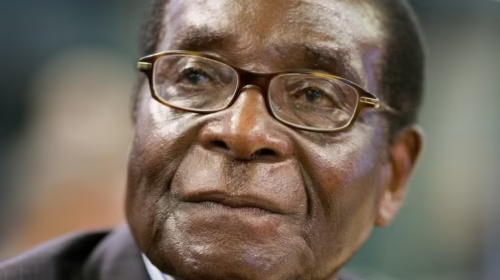President Mnangagwa has stepped in to prevent Ruwa’s vital municipal assets from being sold, utilizing Presidential powers to safeguard the town’s infrastructure and public health.
Ruwa, a town of 300,000 residents, was set to lose essential equipment after the High Court allowed the attachment of its movable assets. The assets included garbage trucks, sewer vehicles, and other crucial machinery.
The President’s move came in response to the serious public health threat the sale would have posed. Without these assets, the town would struggle to maintain basic services like waste collection and sewage management.
This intervention by Mnangagwa was enacted through Statutory Instrument 174 of 2024. The regulation acknowledges the June 18 High Court ruling that authorized the sale of the town’s assets to settle debts.
The Presidential Powers (Temporary Measures) Act permits such intervention when public safety or health is at immediate risk. In this case, the failure of essential services would have exposed Ruwa’s population to diseases like cholera and typhoid.
Uncollected refuse and sewage blockages could rapidly escalate into a full-blown public health crisis. Mnangagwa’s action demonstrates the urgency of maintaining these services in a town that relies heavily on functional infrastructure.
The decision also highlights the importance of infrastructure to Zimbabwe’s growing urban populations. With over 300,000 people at risk, public health cannot be taken lightly. The President’s action shows a direct response to prevent disaster.
While the intervention is temporary, the Statutory Instrument allows the town’s assets to remain in place for at least six months. Parliament will decide if the regulations should be extended or made permanent.
This move by Mnangagwa has sparked debate over Presidential powers, as critics argue whether it’s justified for executive decisions to override court rulings. Nonetheless, the public health risks appear to validate the urgent intervention.
Local authorities across Zimbabwe face similar challenges, with many struggling to balance debt with maintaining essential services. This case could set a precedent for future interventions where infrastructure is threatened due to financial difficulties.
Moreover, with urbanization rising in Zimbabwe, the maintenance of municipal services becomes ever more critical. Public health risks like cholera outbreaks are not isolated to Ruwa, making this a significant issue beyond the immediate context.
Ruwa’s situation has now become a focal point for discussions about governance and service delivery in Zimbabwe. The town’s crisis reflects the broader challenges facing local governments in providing critical services under financial strain.
This development has raised questions about long-term solutions to municipal debt management. While Presidential interventions can temporarily stave off crises, the underlying financial issues need addressing to avoid recurring problems.
For now, Ruwa’s residents can breathe a sigh of relief. The essential services necessary to maintain public health and sanitation will continue without interruption, thanks to Mnangagwa’s swift intervention.
As Zimbabwe continues to urbanize, similar situations may arise in other towns and cities. How the government handles these challenges will be critical to ensuring that basic services remain intact across the country.
The use of Presidential powers in this context reveals the complexities of balancing financial obligations with public health imperatives.













